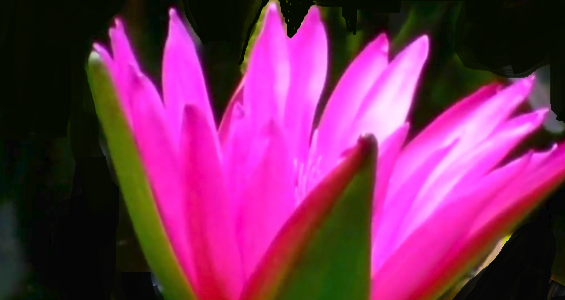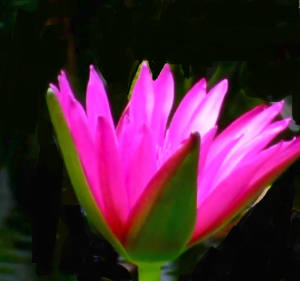
Alternative medicine

Ayurvea therapies and practices, evolved over several millennia, is a system of medicine with historical roots in the Indian Subcontinent. According to Hindu mythology and Sushruta’s compendium, Dhanvantari, Hindu god of Ayurveda, incarnated himself as a king of Varanasi and taught medicine to a group of physicians, including Sushruta. The therapies are based on complex herbal compounds, minerals and metal substances for Rhinoplasty, kidney stone extractions and sutures. Ayurveda in Sanskrit means knowledge of life and longevity and emphasises moderation of food intake, sleep and sexual intercourse. It names seven basic tissues rasa (plasma), rakta (blood), mamsa (muscles), meda (fat), asthi (bone), majja (marrow), and shukra (semen) and also classifically divided bodily substances into five classical elements (panchabhuta) earth, water, fire, air and ether.
Although laboratory experiments developed into effective treatments there is no scientific evidence that any are effective as currently practiced. Ayurveda medicine is a trans-science system which is considered pseudo scientific, however, Ayurveda have existed from the time of the time of Indus Valley civilisation or even earlier.
Ayurveda flourished throughout the Indian Middle Ages Dalhana (fl. 1200), Sarngadhara (fl. 1300) and Bhavamisra (fl. 1500) and the medical works of bother Sushruta and Charaka were trans;ated into the Chinese language in the 5th century and during 8th century, they were translated into the Arabic and Persian language. The Arabic works derived from the Ayurvedic texts eventually reached Europe by the 12th century. British physicians travelled to India to observe Rhinoplasty being performed using native methods and reports on Indian Rhinoplasty were published in the Gentleman’s Magazine in 1794. Joseph Cosntantine Carpue studied plastic surgery in India for 20 years and in 1815, was able to perform the first major rhinoplasty surgery in the western world using the “Indian” method of nose reconstruction.
Lotus flower scientifically known as Nelumbo Nucifera, is rich in Vitamin C, a strong anti-oxidant, with high levels of iron, phosphorous and Vitamin B and can prevent several lifestyle diseases, offers some health benefits including boosting bone health, cure anaemia, improve sexual health, treats heavy menstrual bleeding, anxiety and mental stress.
Drinking 3-4 lotus flower petals in boiled water can improve heart condition. The oil extracted from lotus flower can also be used for skin care and treating grey hair.
